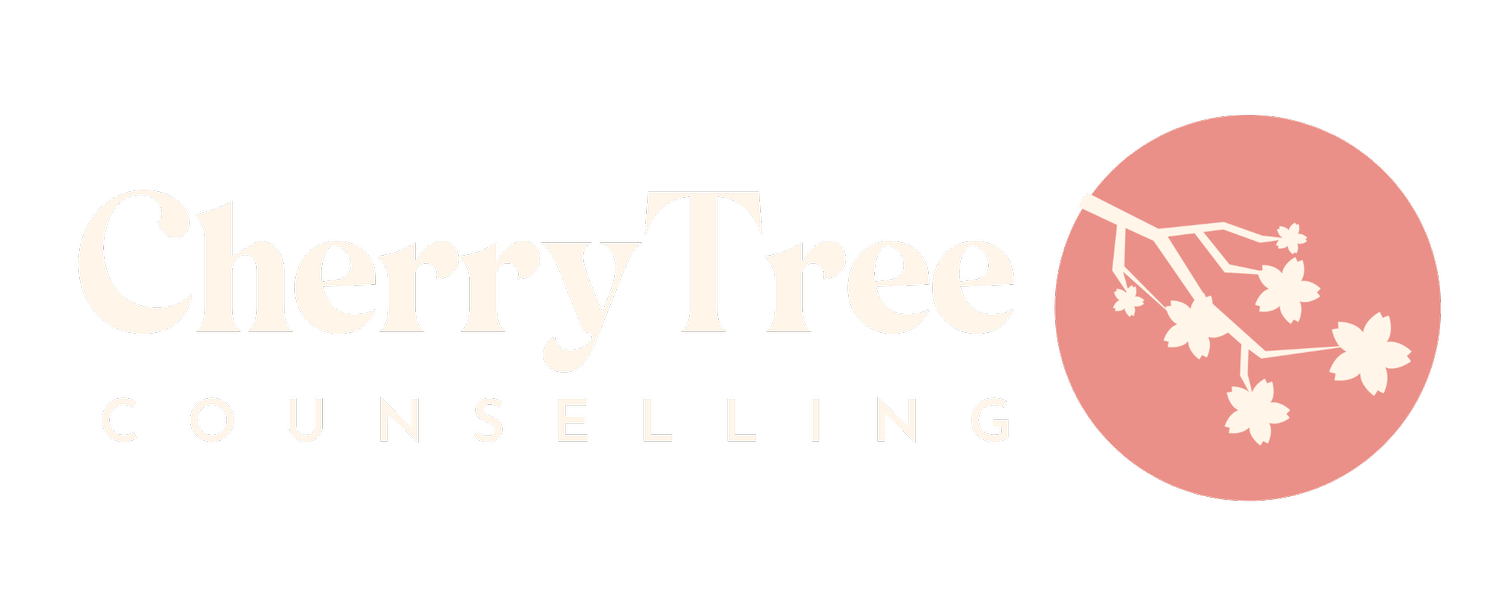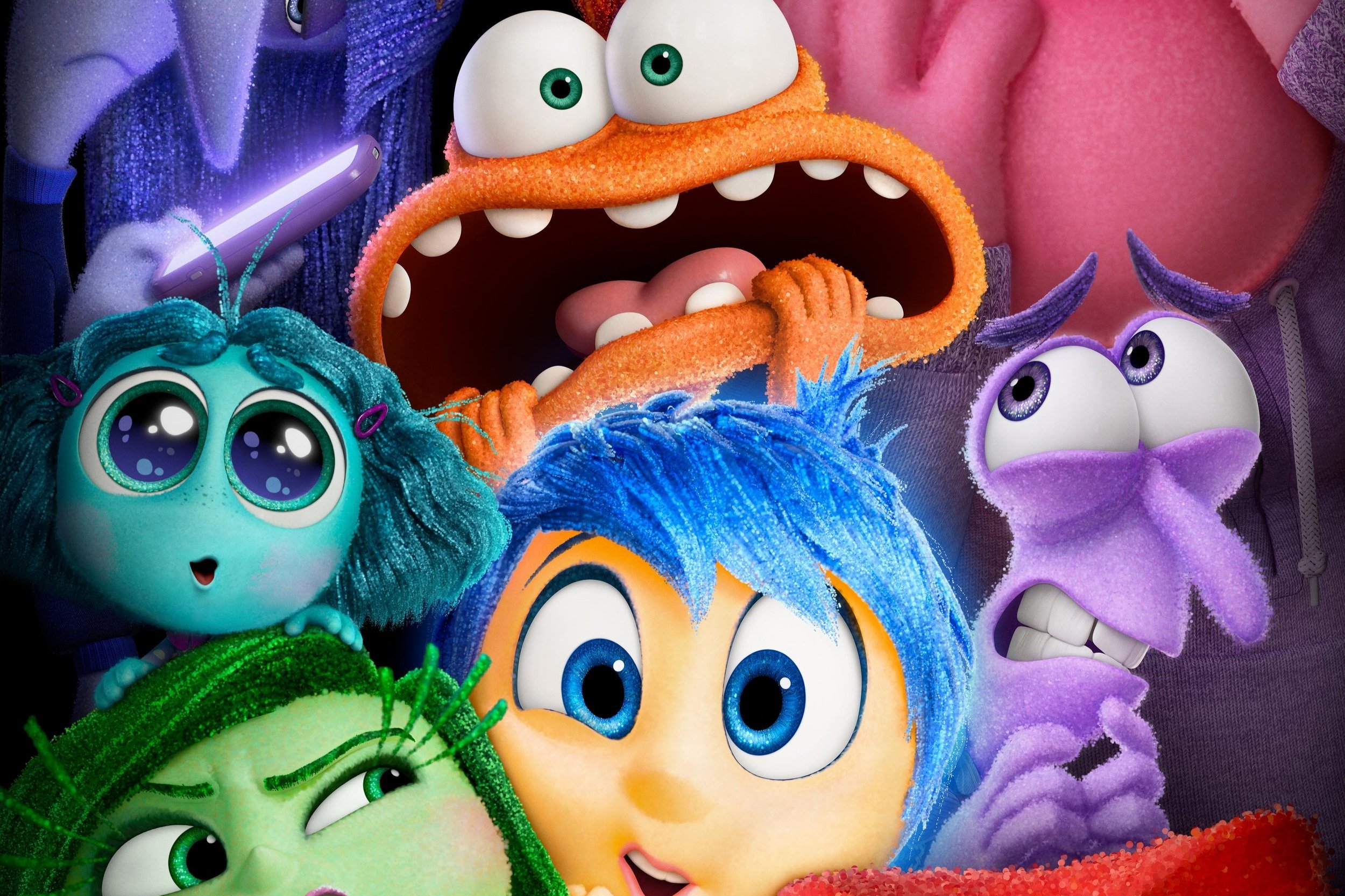Unbottling Our Emotions
The Inside Scoop on Inside Out 2
Riley’s mind seems to be getting a bit more crowded these days, wouldn’t you agree?
In the initial Inside Out film, we were given an imaginative window into the inner emotional world of 11-year-old Riley. We met the personified emotions Joy, Sadness, Fear, Anger, and Disgust, who navigated the ups and downs of Riley’s life from “Headquarters” in her mind.
JOY
SADNESS
FEAR
ANGER
DISGUST
While the movie cleverly personified emotions, giving them human-like forms and personalities, its profound core message resonated deeply: all feelings, even the uncomfortable ones we often try to suppress, are valid and serve a purpose. Joy ultimately learned that rejecting Sadness was detrimental, and that emotional complexity and balance were key.
Inside Out 2, the sequel, is taking this lesson further by introducing new emotions like Anxiety, Envy, Embarrassment and Ennui into Riley's mind as she navigates adolescence. The trailer depicts these unfamiliar feelings overtaking Headquarters, mirroring how intense and overwhelming new emotions can feel during the tumultuous teenage years.
ANXIETY
ENVY
EMBARRASSMENT
ENNUI
These two films present a profound opportunity for viewers of all ages to reflect on how we perceive and relate to our own emotional landscapes. As adults, we often struggle to make space for the full spectrum of human emotions - both in ourselves and our children.
Normalizing the Emotional Rainbow
From a young age, we’re conditioned that some feelings are “good” (happiness, calm) while others are “bad” (anger, sadness) and should be minimized or dismissed entirely. We learn to hide vulnerability behind masks of positivity.
However, rejecting parts of our emotional truth causes dysfunction and disconnection. All emotions arise for a reason and deserve to be felt, understood and processed in a healthy way. They contain important data about our experiences, needs and values.
By normalizing and accepting the entire emotional rainbow - the brilliant joys and radiant passions, but also the shadows of sorrow, fear and shame - we can live more integrated, authentic lives. We give our children this gift too when we model emotional literacy.
Making Space for the Full Range of Emotions
So how can we embrace emotional complexity like Inside Out champions, rather than suppressing or judging our difficult feelings? Here are a few suggestions:
Notice and name all emotions without judgment as they arise. "I'm feeling anxious right now about this deadline."
Let emotions be temporary visitors, not permanent residents. Feel them fully, then let them pass without clinging or attachment.
Separate the emotion from the person. You are not "an angry person", you're a person currently experiencing anger.
Validate even the hard emotions as natural responses. "It makes sense I feel embarrassed after that situation."
Resist the urge to "fix" difficult emotions. Sometimes they just need to be felt in that moment.
Model emotional openness and vulnerability for your children. Share your own feelings in an age-appropriate way.
When we normalize and make space for the full range of human emotions in ourselves and our families, we cultivate greater emotional intelligence, resilience and self-acceptance. We can then harness emotions as vehicles for growth, connection and living life wholeheartedly.
So let’s embrace the wisdom of the Inside Out films - the next time we or our children experience a wave of sadness, anger, or anxiety, we can choose to make room for it, learn from it, and allow the joy back in when it’s ready. The rainbow is brightest when we let all the colours shine.
Remember, if you're struggling to make space for the full range of your emotional experience, or to help your children navigate their emotional landscapes, you don't have to go it alone. Our team of compassionate therapists and parenting coaches are here to provide the guidance and tools you need.
Emotions can feel overwhelming, especially when we haven't learned how to healthily process and express them. But bottling up difficult feelings often leads to greater struggles like anxiety, depression, relationship issues and negative coping behaviors. Working with a skilled therapist provides a safe space to build emotional awareness, self-regulation skills and self-acceptance.
For parents, we know how challenging it can be to model emotional intelligence when you're still learning those skills yourself. Our parent coaching services offer judgment-free support as you strive to validate your children's emotions, set boundaries around emotional expression, and raise emotionally resilient kids.
Don't let shame, fear or uncertainty keep you from prioritizing this important inner work. When we normalize and understand our emotions, we open the door to living more authentic, meaningful and connected lives.
Take the first step by scheduling a consultation to learn more about our therapy and coaching services focused on cultivating emotional health. We'll meet you with compassion, curiosity and a commitment to helping you embrace the full, vibrant spectrum of your emotional truth - just like Riley did.
We offer a community of care.
Whether you're facing a current challenge, a past pain, or are simply feeling stuck in this phase of your life, we can help you to live the life you want with intention, mindfulness and balance.
We offer free 15-minute meet-and-greets.
Connect with us and let’s talk about how we can help you.











